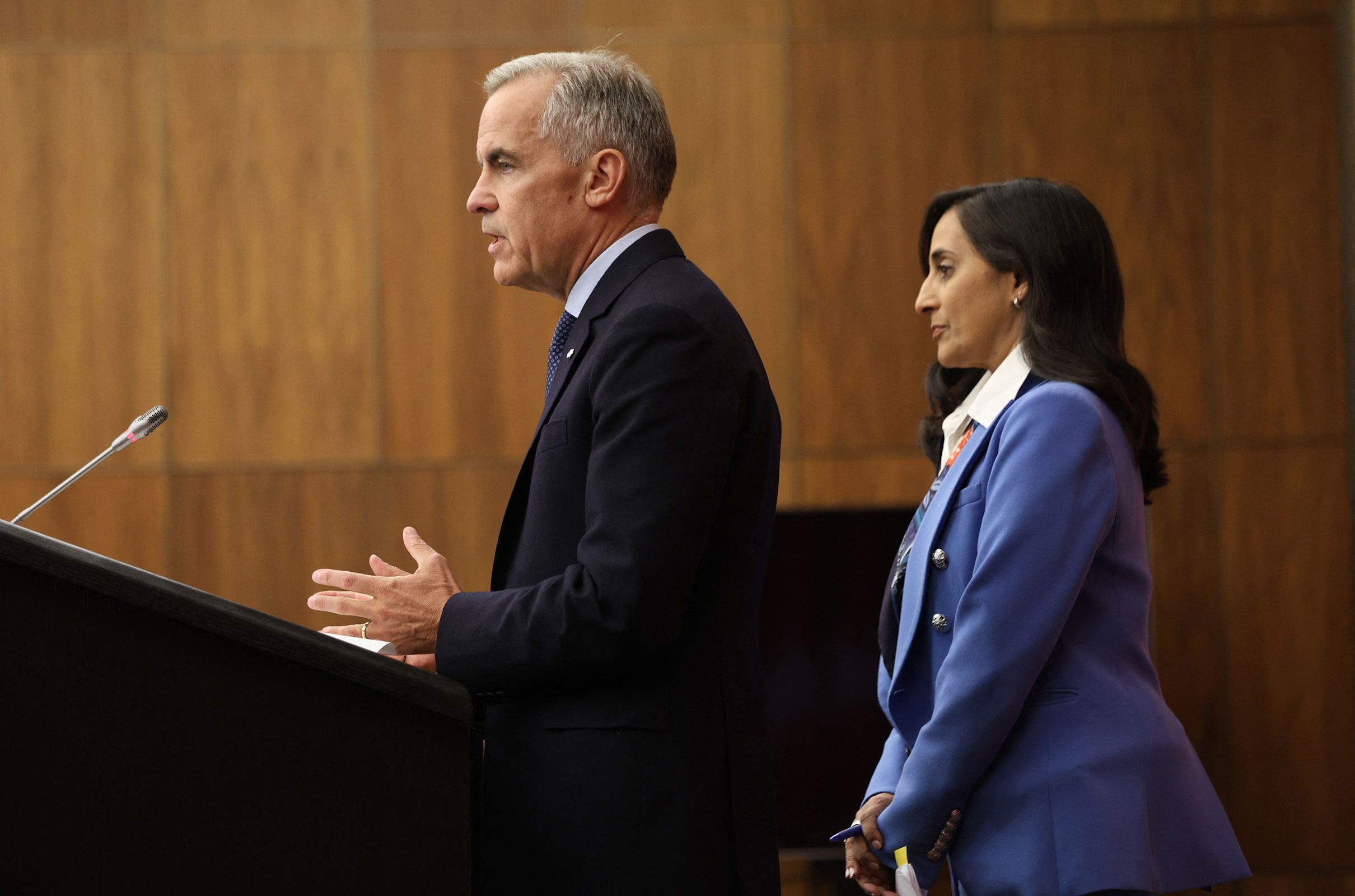Prime Minister Mark Carney announced that Canada plans to recognize a Palestinian state at the UN General Assembly in September, following similar declarations by the UK and France. This marks a significant departure from Canada’s longstanding approach of supporting a two-state solution strictly through negotiated peace talks.
The announcement positions Canada as the third G7 country to endorse recognition amid growing international frustration over stalled peace efforts and escalating violence in the region.
Recognition Hinges on Reforms, Amid Escalating Crisis and Erosion of Two-State Prospects
Carney stressed that Canada’s recognition is not unconditional. It hinges on the Palestinian Authority implementing major democratic reforms, including holding transparent elections that exclude Hamas and demilitarising the Palestinian territories. The goal, Carney explained, is to support a future Palestinian state that is peaceful, democratic, and governed by the rule of law elements he sees as essential to long-term regional stability.
The decision was driven by multiple factors: the expansion of Israeli settlements in the West Bank, a worsening humanitarian catastrophe in Gaza, and the aftermath of the October 7 Hamas attacks on Israel.
Carney described the suffering in Gaza as “intolerable” and expressed concern that the viability of a Palestinian state is rapidly being eroded. He argued that Canada’s traditional stance is no longer effective, given the evolving geopolitical and humanitarian realities on the ground.
Backlash and Diplomatic Shifts Amid Rising Pressure on U.S. and Global Peace Calls
The announcement sparked immediate backlash. Israel’s foreign ministry denounced the move, warning it could undermine ceasefire efforts and hostage negotiations. Canada’s Conservative opposition criticized Carney for sending the “wrong message” after the October 7 attacks.
Despite this, the decision was applauded by nearly 200 former Canadian diplomats who urged recognition in a public letter, citing widespread civilian suffering, forced displacement, and settler violence.
Canada’s move increases pressure on the U.S., which would become the only permanent UN Security Council member not to recognize a Palestinian state if France and the UK proceed with their pledges. Carney insisted that Canada’s decision was made independently and not influenced by its allies.
As the death toll in Gaza surpasses 60,000 and global calls for peace intensify, Canada’s recognition of Palestine represents a broader diplomatic effort to reignite the peace process and address deepening instability in the region.

Leave a Reply